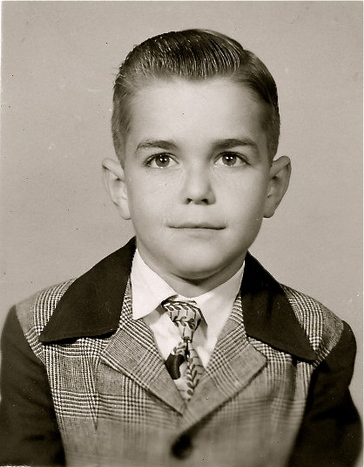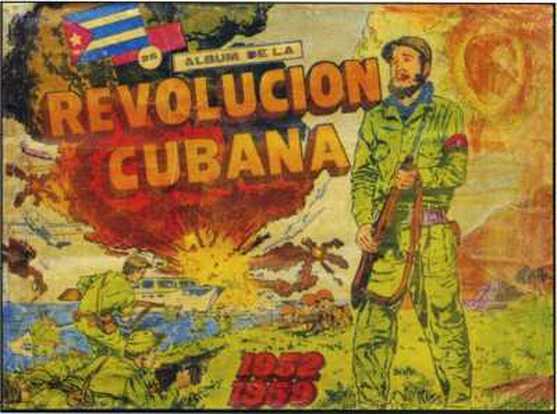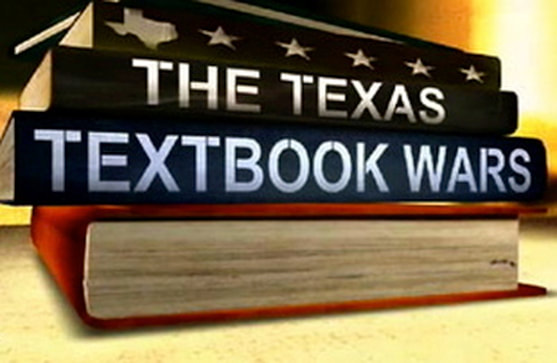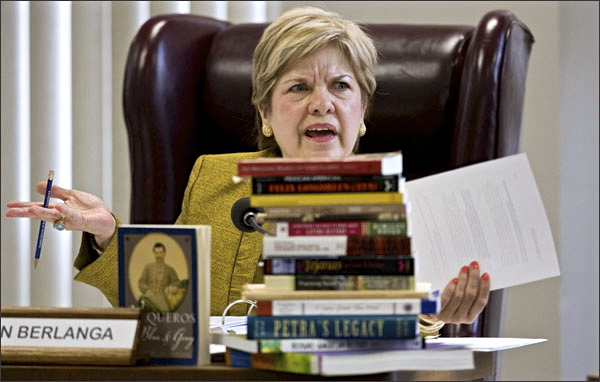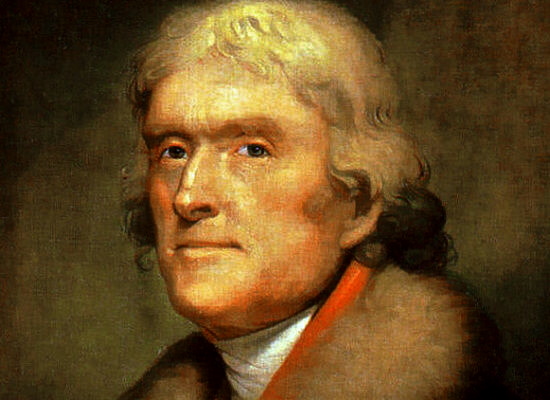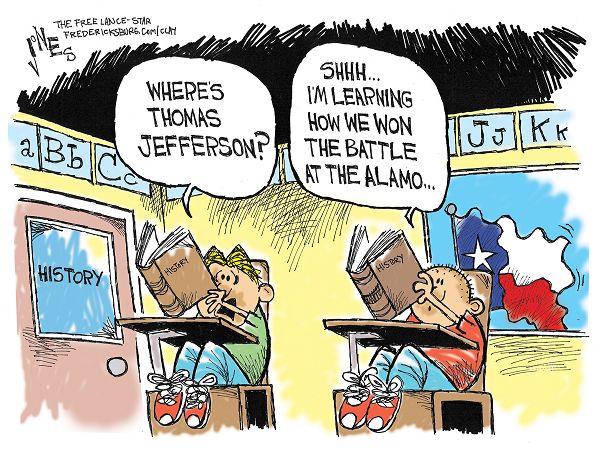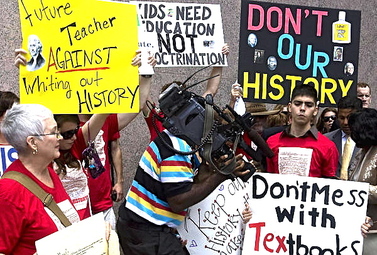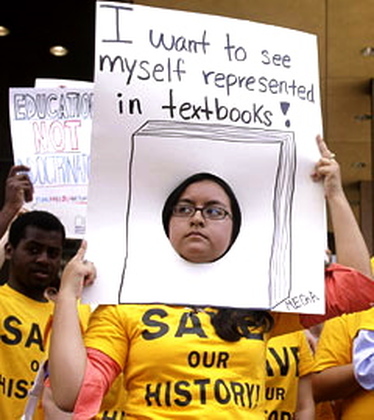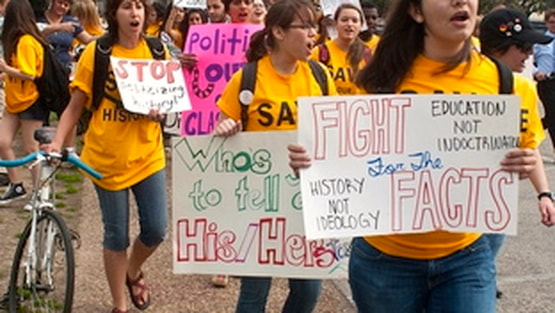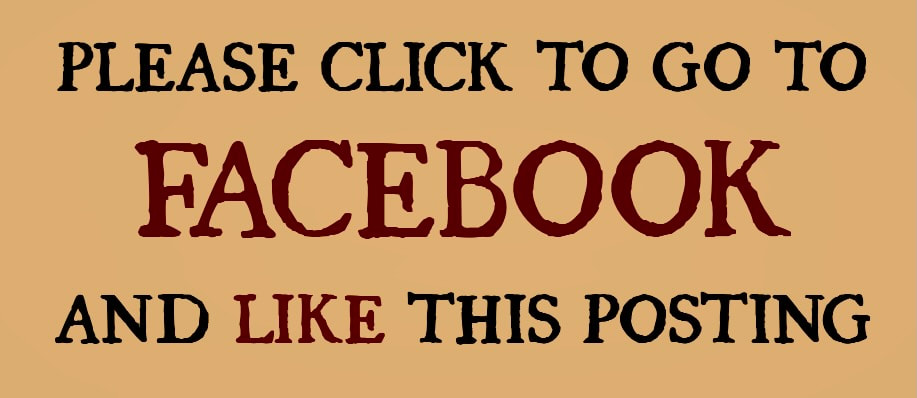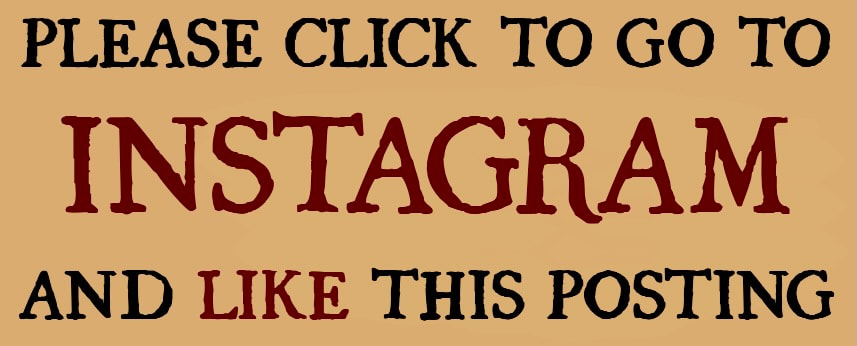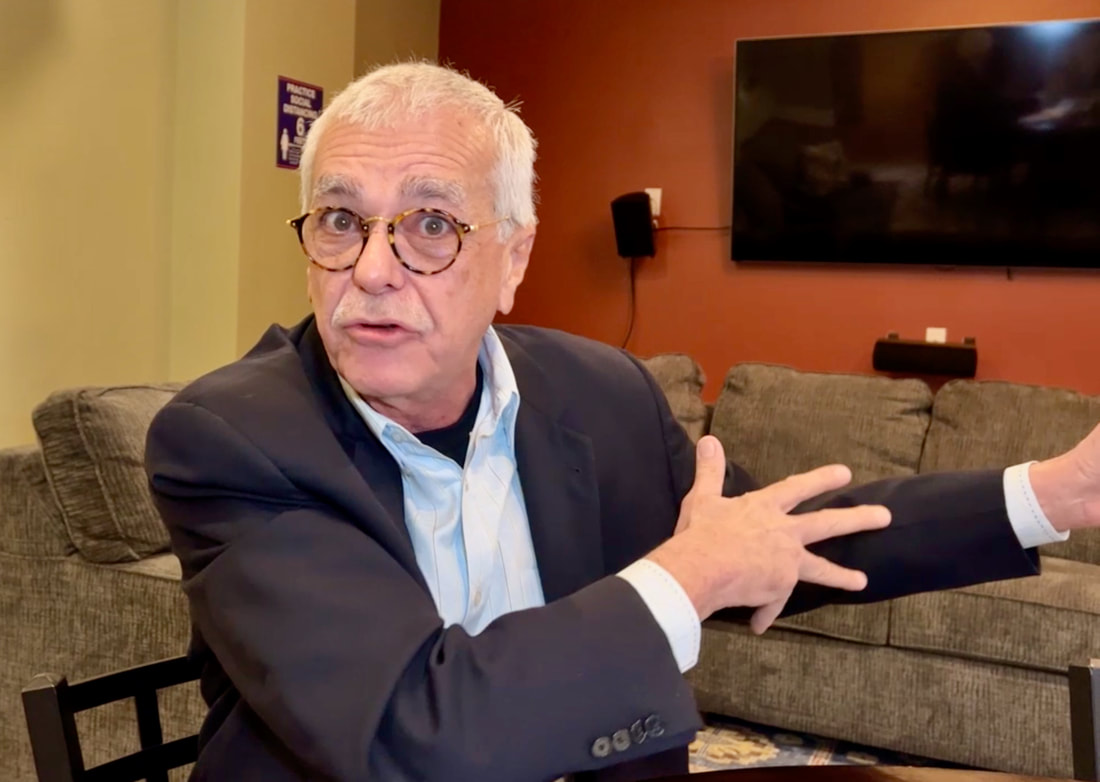20. Politicizing Education
|
By Miguel Pérez
June 8, 2010 - When I was a boy growing up in my native Cuba, communist ideology suddenly began to be filtered into my education. The government had determined that, like all other Cuban children, I was to be indoctrinated. Lesson plans were to be altered; new books had to be written; history needed to be distorted; and Cuban children were to be taught to believe that "Yankee imperialists" were our new enemies — the reason for all our problems. Back in fourth and fifth grades, I probably was too young to notice these curriculum changes on my own. But my mother, Lilia, who was a teacher, made sure that I noticed. She had seen the changing lesson plans, refused to implement them and come to the conclusion that no one was going to turn her into an indoctrinator and me into a communist. We have to leave Cuba, she told me, and move to a country where political ideologies are not allowed to creep into children's education. Memories of those days — when my mother convinced the entire family that we had to emigrate to the United States — have kept coming back to me recently as I've watched the Texas State Board of Education's efforts to rewrite American history and filter political ideology into the state school curriculum. Of course, in Texas, the ideology is not communism. It's the other extreme! In Texas, a panel of elected politicians has unapologetically revised the social studies and history curricula to reflect the majority's Christian/conservative ideology in the textbooks that some 4.8 million Texan schoolchildren will read for the next decade. And because schoolbooks used by many other states are usually based on the standard set by Texas, the politicized lessons will be widespread. Voting 9-5 entirely along party lines, the Texas State Board of Education last month went along with the Republican majority and crafted new curriculum standards that surely would have made my mother cringe. She was politically conservative and a devout Christian, but until she died in Miami in 1998, she never believed politicians of any faith or ideological persuasion should be dictating school lessons. Yet for the next 10 years, the textbooks read by children in Texas and many other states will play down the importance of Thomas Jefferson while re-elevating the stature of Commie-bashing former Sen. Joe McCarthy. I'm a rabid anti-communist, but McCarthyism was an abomination. I never thought I would see such misguided distortion of history — not again, not since I left Cuba. Their problem with Thomas Jefferson stems from the fact that evangelical Christians detest the very thing that made him a genius: Jefferson's participation in pioneering the legal theory of separation of church and state. He coined that phrase! Yet students now will be needlessly reminded that the words "separation of church and state" — although part of our judicial language — are not in the U.S. Constitution. In an appalling attempt to weaken one of the pillars that have sustained our great democracy, students will be asked to question the Founding Fathers' commitment to church-state separation. And so, because Jefferson still stands in the way of the theocracy they would like to create, the principal author of the Declaration of Independence and one of the key thinkers behind our precious Constitution is no longer to be considered an influential political philosopher in world history courses. Claiming to be reversing what they see as liberal bias in the classrooms and textbooks and ignoring fierce protests from outraged historians and educators, the board's conservative majority proposed hundreds of amendments to skew the standards that had been drafted for more than a year by educators. Some conservative board members said that they belong to a political body and that they had no qualms about making political decisions as they revised the state school curriculum. They filtered conservative ideology into many lessons, downplaying the importance of the civil rights movement while propping Newt Gingrich's "Contract With America"; citing the "conservative resurgence of the 1980s and 1990s"; recognizing the roles played by Phyllis Schlafly, The Heritage Foundation, Moral Majority and the National Rifle Association; requiring students to read the speeches of Confederate President Jefferson Davis along with those of Abraham Lincoln; and recognizing country music as a significant cultural movement but denying the same recognition to hip-hop. The children in Texas also will be taught not that we live in a "democratic" country, but a "constitutional republic." And they won't be reading about "capitalism" because some board members disliked that word's negative connotation. Now they will learn about "free market enterprise." If it weren't so sad, it would be funny. Amazingly, they wanted to go even further. Some of them wanted to rename the slave trade the "Atlantic triangular trade," as if trying to minimize the inhumanity of slavery. In a state where conservatives have tried to prevent children from learning about gay rights, Darwin's theory of evolution and global warming, where evangelicals constantly have tried to ban books they feel are too liberal or anti-Christian, this is not entirely surprising. Unfortunately, politics have a history of creeping into Texas education. Yet this time, the changes are more dramatic and more ideological than ever. This time, the aim is to brainwash — Cuban-style indoctrination — to promote a right-wing agenda. In spite of Texas' huge Hispanic population and rich Hispanic history, efforts by the board's Hispanic members to cite more Latino figures as role models were mostly rejected, causing Latina board member Mary Helen Berlanga to storm out of a meeting and charge that "they can just pretend this is a white America and Hispanics don't exist." When these revisions were being made, even U.S. Education Secretary Arne Duncan felt compelled to warn that school officials "should keep politics out" of curriculum debates. "We do a disservice to children when we shield them from the truth, just because some people think it is painful or doesn't fit with their particular views," Duncan said in a statement. "Parents should be very wary of politicians designing curriculum." I know that feeling. I learned it from my mother. COPYRIGHT 2010 CREATORS.COM |

